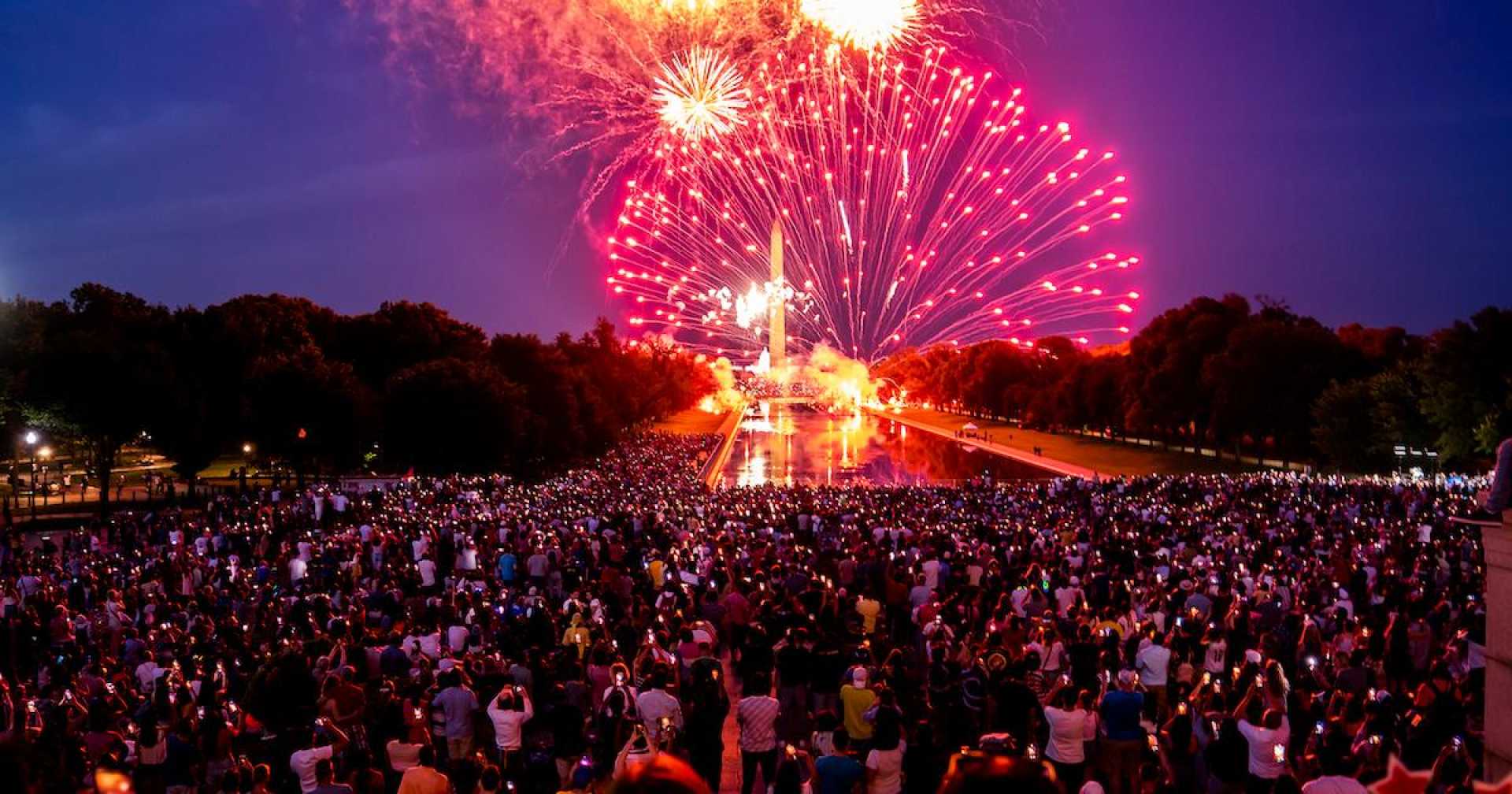News
Environmental Risks of Fireworks Highlighted Ahead of July 4th Celebrations

WASHINGTON, D.C. — As Americans prepare for July 4th celebrations, environmental concerns surrounding fireworks are coming to light. Billions of fireworks are set to explode across the nation, generating both beauty and significant environmental risks.
According to the American Pyrotechnics Association (APA), around 14,000 public fireworks displays will take place this Independence Day weekend. In 2021, Americans purchased over 428 million pounds of fireworks, a statistic that contributes to serious ecological issues.
Experts warn that fireworks produce harmful air pollutants, particularly fine particulate matter known as PM2.5. These particles, measuring just 2.5 microns, can penetrate deep into the respiratory system and enter the bloodstream, causing respiratory distress and exacerbating conditions like asthma and COPD, according to the Environmental Protection Agency (EPA).
A study published in the journal Atmospheric Environment revealed a staggering 42% increase in PM2.5 levels at 315 firework sites during July 4th. These pollution spikes peak between 9:00 and 10:00 p.m. and can persist into the next day.
“Fireworks massively reduce air quality with their explosions of particulate matter,” said Bill Bateman, an associate professor at Curtin University in Australia. “This can have pretty immediate effects on our breathing and health.”
Additionally, fireworks contain various harmful chemicals, including perchlorates and heavy metals like lead, which may contaminate local waterways and soil. Research from the U.S. Geological Survey (USGS) has shown that fireworks debris can lead to long-term environmental pollution.
Animals are also affected by fireworks. A study in Pacific Conservation Biology found that nearly 75% of pets exhibited stress responses to the loud noises, impacting their well-being. Furthermore, fireworks can disrupt local wildlife, drastically affecting bird breeding success in areas where displays are common.
Environmental groups are advocating for alternatives to traditional fireworks, emphasizing the need for responsible celebrations that prioritize both public health and safety. “What better way to honor the nation than to keep it peaceful and clean?” stated an environmental representative.
As people gear up for their celebrations, it is crucial to consider the ecological footprint of fireworks, as their impact extends beyond the dazzling displays.












